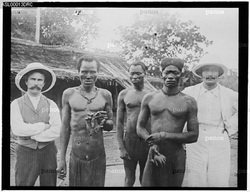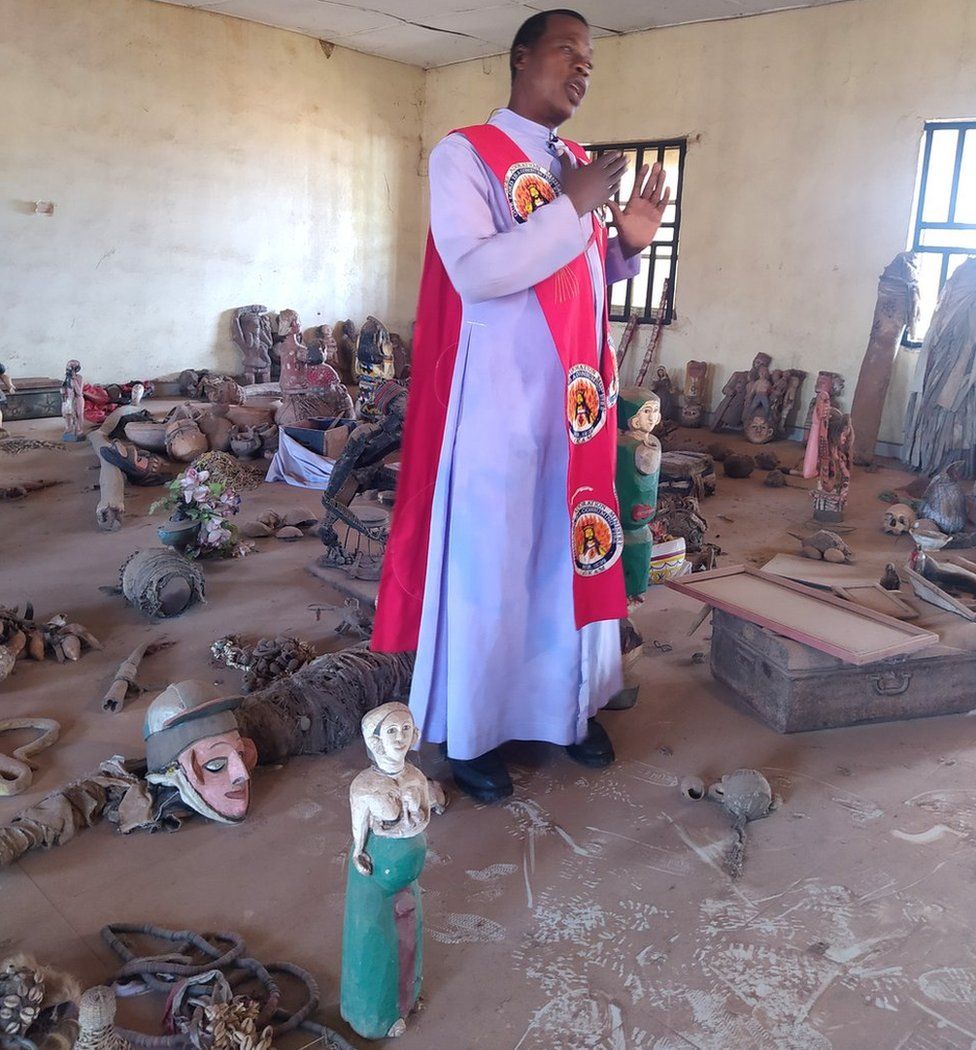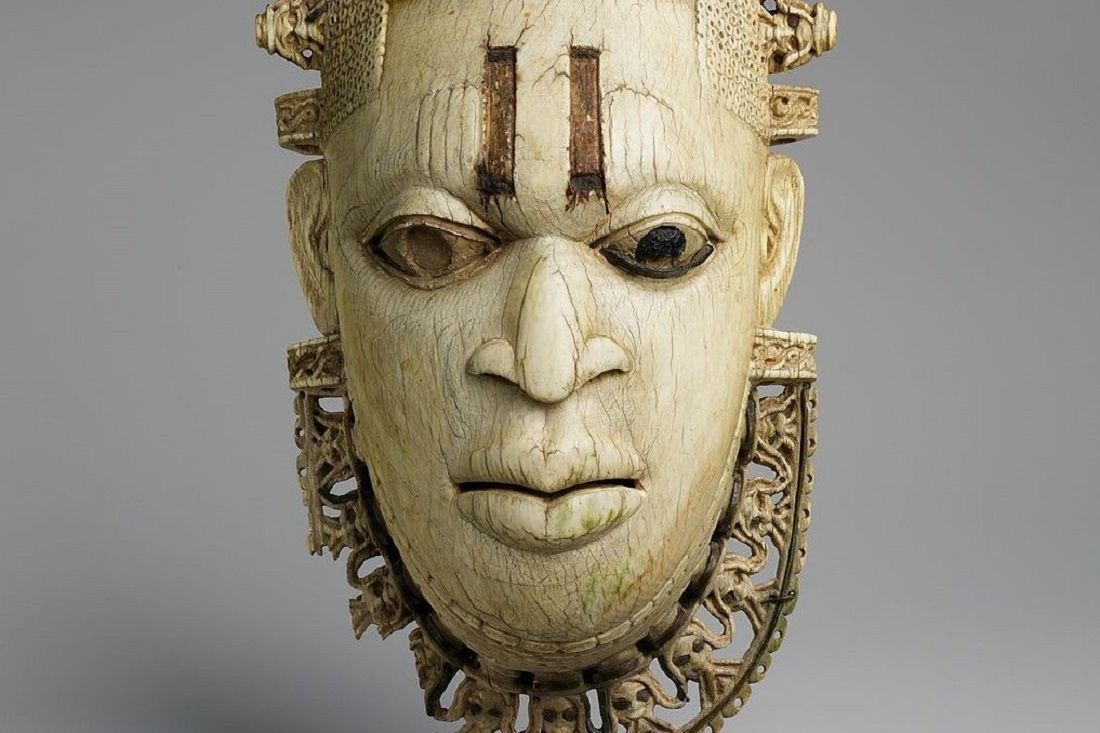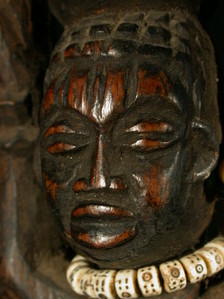Igbo religion and Christianity are two distinct belief systems that have coexisted and interacted with each other in the region of Igboland, located in southeastern Nigeria. While both religions have their own unique practices and teachings, they also have some similarities and have influenced each other throughout history.
Igbo religion, also known as Odinani, is the traditional belief system of the Igbo people. It centers around the worship of various gods and goddesses who are believed to control various aspects of life, such as fertility, agriculture, and justice. These deities are believed to reside in natural objects such as rivers, mountains, and trees, and are honored through rituals and sacrifices. The Igbo also believe in reincarnation and the power of ancestors to influence the lives of the living.
Christianity, on the other hand, is a monotheistic religion that believes in one God who created the universe and all living things. It is based on the teachings of Jesus Christ and the belief that he is the son of God and the savior of humanity. Christians believe in the Bible as the holy scripture and follow the Ten Commandments as a guide for their lives. They also believe in the concept of salvation through faith in Jesus and the forgiveness of sins.
Despite their differences, Igbo religion and Christianity have influenced each other in various ways. The spread of Christianity in Igboland has led to a mixing of traditional Igbo beliefs with Christian teachings. Many Igbo people have converted to Christianity and incorporated elements of their traditional religion into their new faith. For example, some Igbo Christians still honor their ancestors and participate in traditional rituals while also believing in Jesus as their savior.
On the other hand, the influence of Igbo religion on Christianity can also be seen in the adoption of traditional Igbo names and cultural practices by some Christian denominations in Igboland. For example, some churches have incorporated traditional Igbo music and dance into their worship services as a way to connect with their congregants and incorporate their cultural identity.
Overall, while Igbo religion and Christianity are two distinct belief systems, they have interacted and influenced each other in the region of Igboland. Despite their differences, both religions promote values such as community, respect for tradition, and a belief in a higher power.







